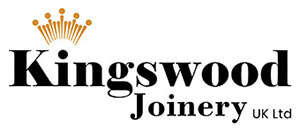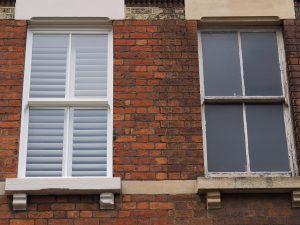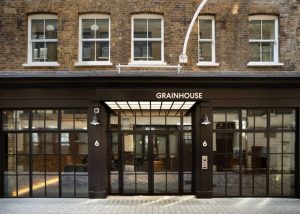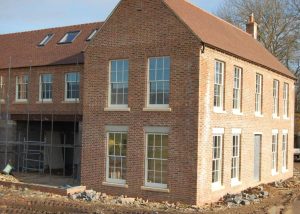Facts about Ely
General Info
Ely is a cathedral city in Cambridgeshire, England, about 14 miles north-northeast of Cambridge and about 80 miles by road from London. Æthelthryth founded an abbey at Ely in 673; the abbey was destroyed in 870 by Danish invaders and was rebuilt by Æthelwold, Bishop of Winchester, in 970. The economy of the region is mainly agricultural. Before the Fens were drained, the harvesting of osier and sedge and the extraction of peat were important activities, as were eel fishing—from which the settlement’s name may have been derived—and wildfowling.
History
The origin and meaning of Ely’s name have always been regarded as obscure by place-name scholars, and are still disputed. The earliest record of the name is in the Latin text of Bede’s Historia ecclesiastica gentis Anglorum, where Bede wrote Elge. This is apparently not a Latin name, and subsequent Latin texts nearly all used the forms Elia, Eli, or Heli with inorganic H-. In Old English charters, and in the Anglo-Saxon Chronicle, the spelling is usually Elig.
Oliver Cromwell lived in Ely from 1636 to 1646 after inheriting a sixteenth-century property—now known as Oliver Cromwell’s House—and the position of the local tax collector from his mother’s brother, Sir Thomas Steward. Cromwell was one of the governors of Thomas Parsons’ Charity, which dates back to 1445 and was granted a Royal Charter by Charles I of England.







